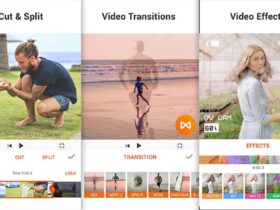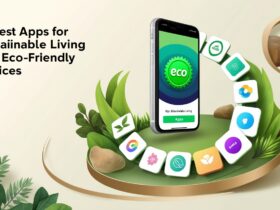In this article, I will discuss Australia’s best plant care apps. Whether you’re new to plant care or an experienced horticulturist, the right app can help ensure the health and safety of your plants. These apps offer features such as plant identification, watering schedule reminders, and pest diagnostic aids.
In gardening advice apps, there are times when these factors should be considered. By the end of this essay, you will have a comprehensive understanding of which plant care applications are best for you and how they can help you maintain a lush garden.
Key Points & Features
| App Name | Key Points & Features |
|---|---|
| PlantNet | GARDENA garden |
| Planta | – Sleek and user-friendly interface. – Watering and fertilizing reminders. – Plant care tips and guidance tailored to individual plants. |
| Flora | – Extensive plant database with detailed care instructions. – Personalized plant care schedules. – Visual timeline to track plant growth and health. |
| GARDENA myGarden | – Customizable garden planning tools. – Seasonal planting guides. – Weather-based watering recommendations. – Integration with GARDENA smart devices for automated care. |
| Gardenate | – Planting calendar with regional-specific recommendations. – Companion planting suggestions. – Information on soil preparation and pest control. |
| Plant Life Balance | – Assess and improve the health and well-being of your indoor environment through plant selection. – Tips on optimizing indoor spaces with plants. |
| Bloom College | – Online courses and tutorials on plant care and gardening techniques. – Expert advice on sustainable gardening practices. – Community support and interaction. |
| ABC Vegie Guide | – Comprehensive guide to growing vegetables in Australia. – Seasonal planting tips. – Pest and disease management advice. – Harvesting and cooking tips. |
8 Best Plant Care Apps Australia
1. PlantNet
Do you have a collection of various unknown species? The first step is to understand them well enough so that you know what they need for growth. PlantNet helps with this. When I take snapshots of leaves from my plants using the PlantNet app,
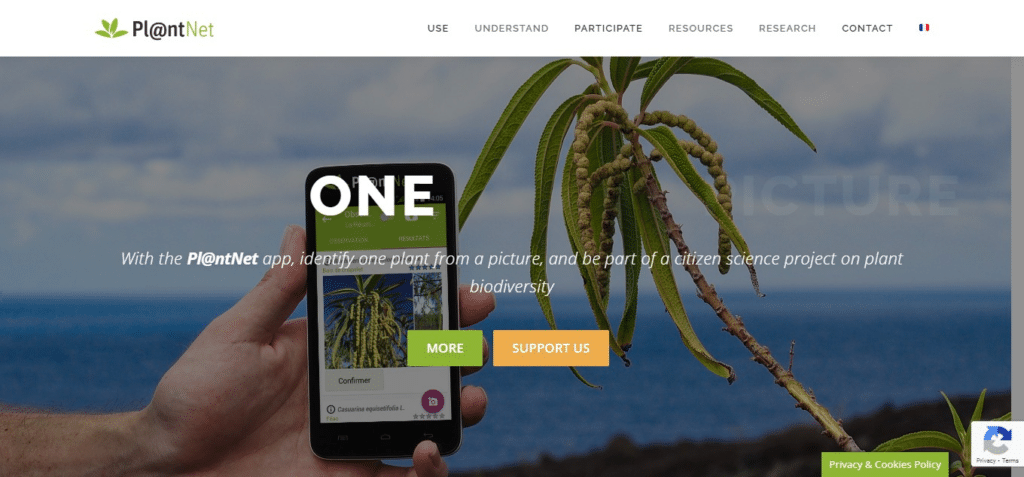
It compares and suggests the genus and species based on the similarity between both images, thus making it easier to recognize and take appropriate care of them accordingly.
2. Planta
You could have just one plant in a pot or many in an indoor planter box. Planta has made it simple to generate watering schedules and plant care reminders across all your plants at multiple sites.
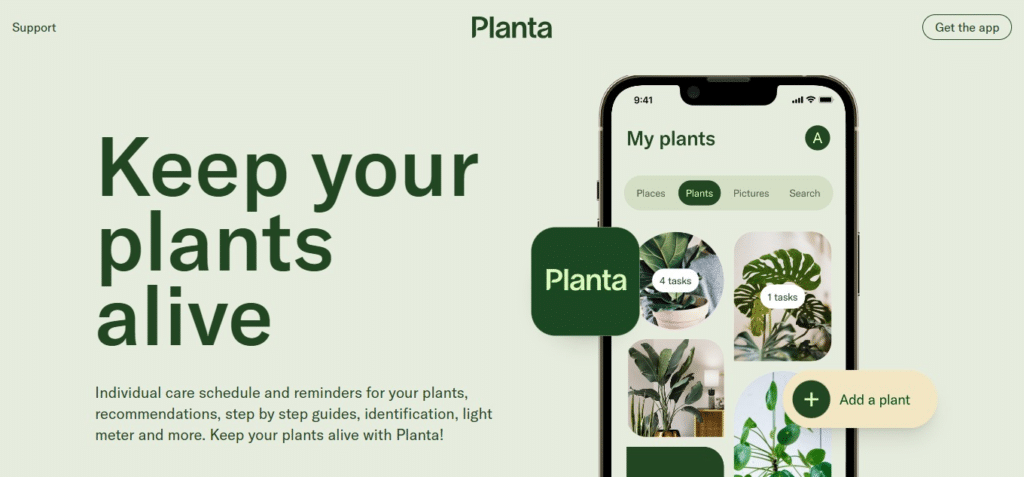
Depending on your level of expertise, you can set how much gardening advice you want over time and upload customized photos and names of each plant! Note: While most features within Planta are free, some premium features require a subscription.
3. Flora
Flora – Houseplant Care is a fundamental yet utterly free application that helps you understand more about your indoor plants. Here, there are options for setting reminders on water or fertilization schedules, among others.

Such as what kind of light conditions determine which room you can place certain plants within the houses to know if they will be able to grow successfully in those rooms or not. Flossy!
4. GARDENA garden
My garden, in the whole spirit of openness, is a desktop application instead of a mobile one. This was worth mentioning because it has an easy-to-use interface that helps users design their outdoor spaces.
It allows you to plan your plot, select various plants, and determine how furniture or flower pots will be situated about other overall design elements. It provides a bird’ s-eye view before buying any vegetation.
5. Gardenate
It doesn’t have any hidden costs, but Gardenate can be easily used as a comprehensive manual for your gardening schedule after downloading it.
The app provides information on over 90 edible plants and herbs and creates your planting calendar based on your climate zone. Fantastic for maximizing outdoor planter boxes in Sydney!
6. Plant Life Balance
Plant Life Balance developed the application in association with RMIT University and the University of Melbourne. It allows people to decorate their homes or gardens using various plants virtually.
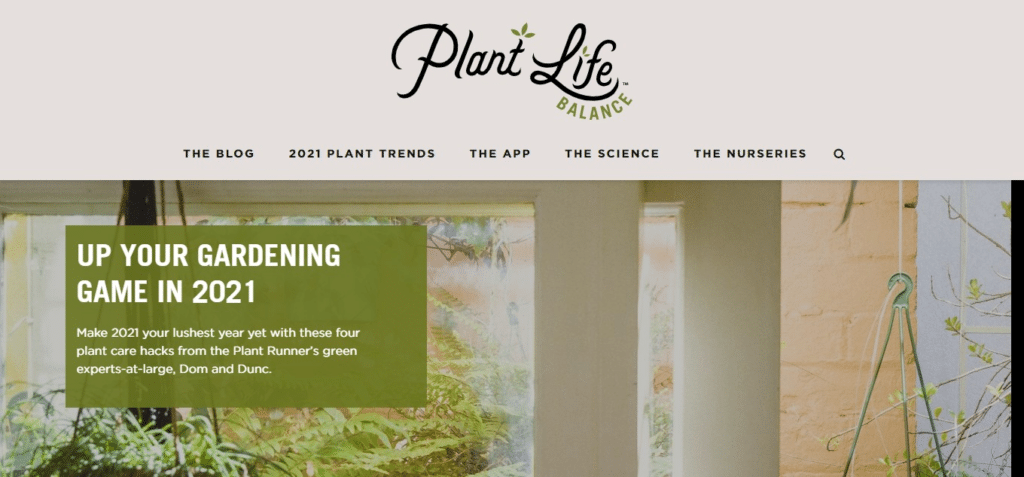
While educating them on the air quality associated with different plant species. Incredibly remarkable is the chance it gives one to create an animal-friendly garden or landscape full of yummy bush tucker.
7. Bloom College
If you love flower arranging, Bloom College has a virtual flower-arranging classroom with a professional florist, Yvette Timmins.
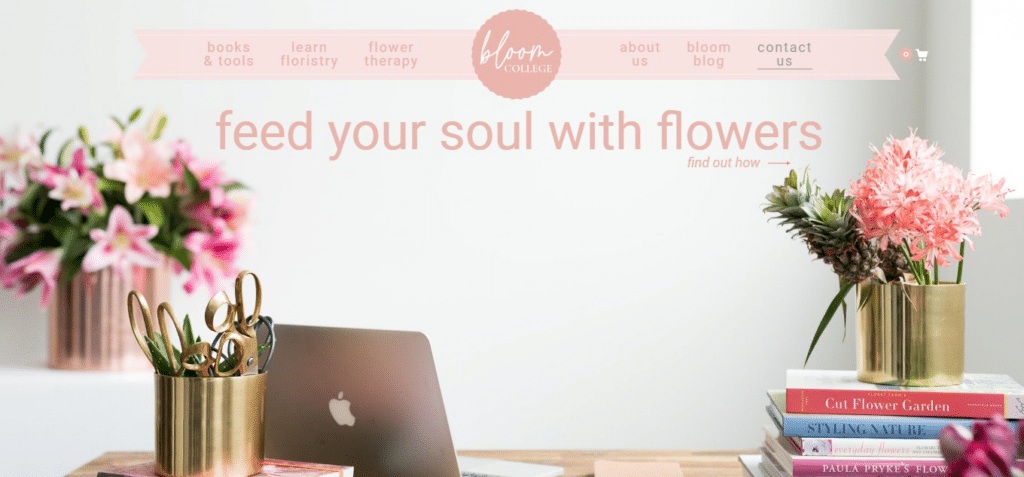
They teach the basics through videos and then link to other videos as required. Moreover, YouTube has many free video resources on floral arrangements.
8. ABC Vegie Guide
Planning when to plant, fertilize, water, and harvest in a vegetable garden can be challenging – but not if you have the ABC veggie guide.
You will learn what to plant at this time of year in your area from Australia’s national broadcaster through this free app that could also enable you to exhibit photos of how far you’ve gone with planting vegetables.
Importance of technology in helping plant care
The role of technology in supporting plant care is crucial as it revolutionizes the methods of nurturing and maintaining plants. Here’s why technology is essential in this field:
1. Precise Monitoring: Modern technologies allow gardeners to accurately monitor environmental factors crucial for plant growth, such as light intensity, temperature, humidity, and soil moisture. Sensors and smart devices provide real-time information, helping gardeners make informed decisions about watering and fertilizing their crops.
2. Remote Management: Mobile applications can help farmers care for their plants from a distance. Users can adjust settings and receive notifications about the condition of their crops from anywhere, which is especially useful for those with busy schedules or who travel frequently.
3. Data-driven Insights: Technology enables the collection and analysis of large amounts of data related to plant care. Using artificial intelligence and machine learning, gardening apps can provide personalized advice based on specific plant species, local climate conditions, and individual gardening practices, leading to improved efficiency and plant health.
4. Problem Identification and Solutions: Farm-care programs with image recognition software allow users to upload photos of plant diseases, pests, or nutrient deficiencies for quick diagnosis and timely intervention, preventing the spread of diseases and minimizing damage.
5. Educational Resources: Technology serves as an educational tool for both novice and experienced horticulturists, offering planting techniques, tips, and best practices through online platforms such as tutorials and forums. Additionally, interactive tools like virtual plant simulations and guided tours enhance the learning experience.
6. Environmental Sustainability: Technology promotes ecological sustainability in planting practices by supporting water efficiency, reducing chemical inputs, and optimizing resource allocation. Intelligent irrigation systems, for example, deliver water directly to plant roots based on their specific needs, minimizing waste and conserving water sources.
Conclusion
Overall, the development of advanced technology has reshaped the world of plant care in Australia. Gardening enthusiasts can have a greater variety of mobile applications and connected devices, making it possible for them to achieve accuracy,
convenience, and expertise that was unheard of before when nurturing their gardens at home. Among them are programs with which you can find out which species of plants are on your balcony or rooftop garden, and even what type they are, as well as programs that are sources for information about any other aspect of gardening you may think about.
The best application can differentiate between lush green outdoor space and vibrant indoor space for experienced horticulturists and budding ‘plant parents.’ As we embrace technology to develop attractive landforms, we should also consider its power in developing our partnership with nature and preserving our environment for future generations.


